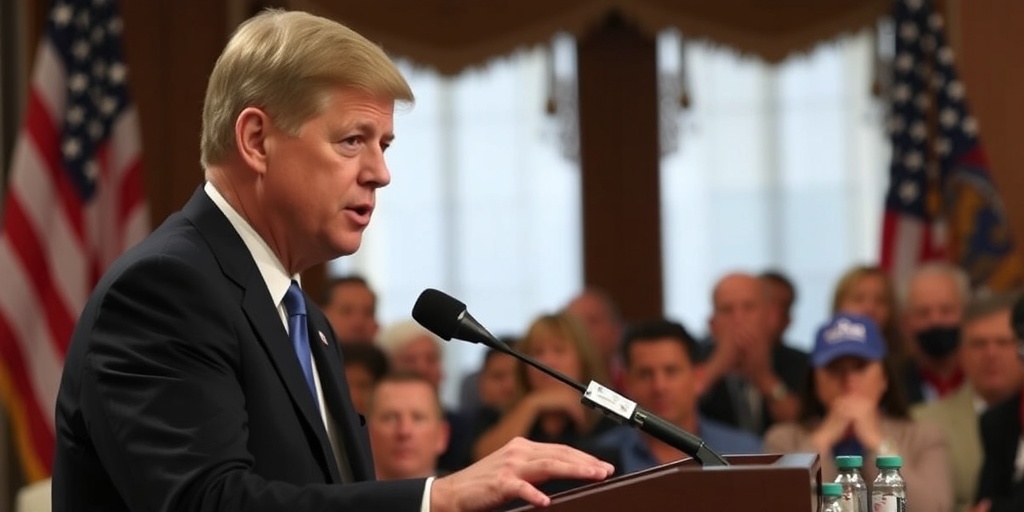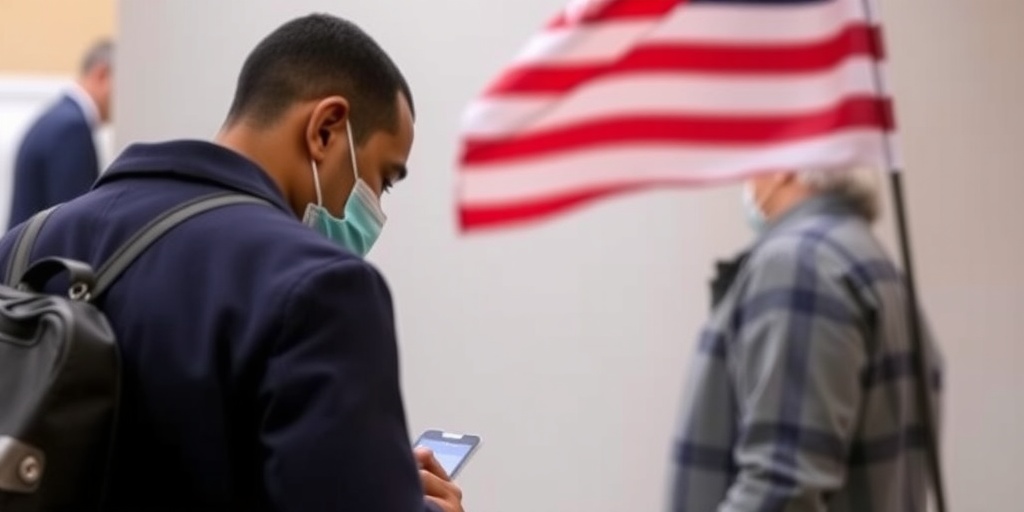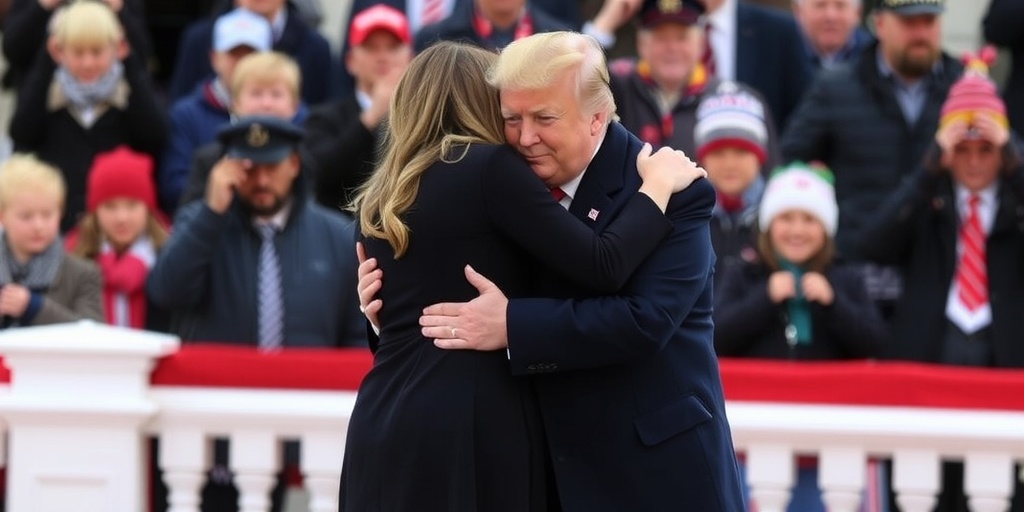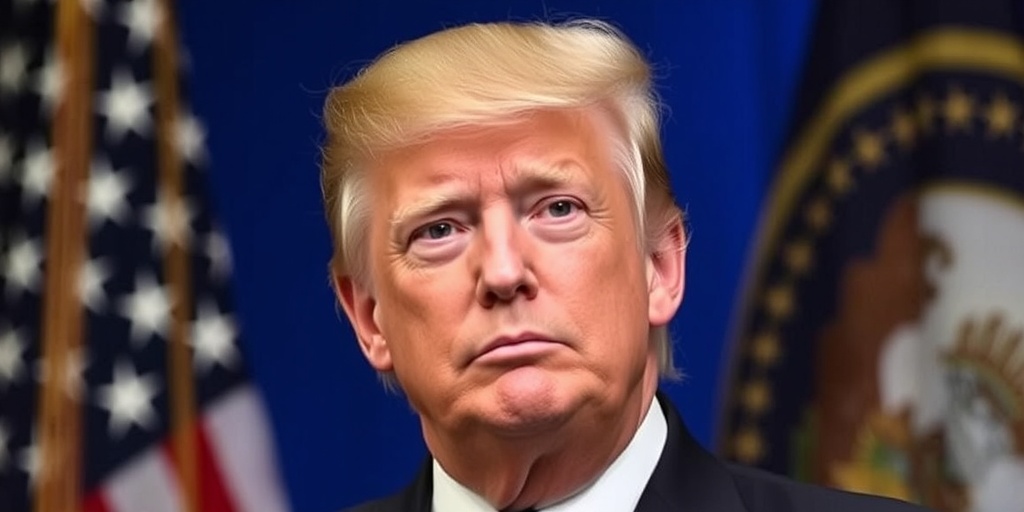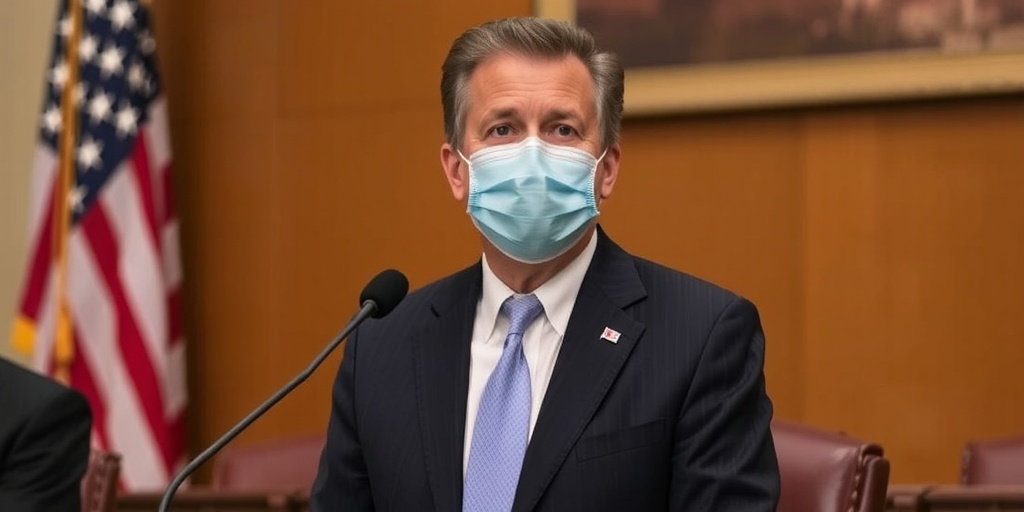Now Reading: Jan. 6 Cases Continue as Trump Prepares for White House Return
-
01
Jan. 6 Cases Continue as Trump Prepares for White House Return
Jan. 6 Cases Continue as Trump Prepares for White House Return
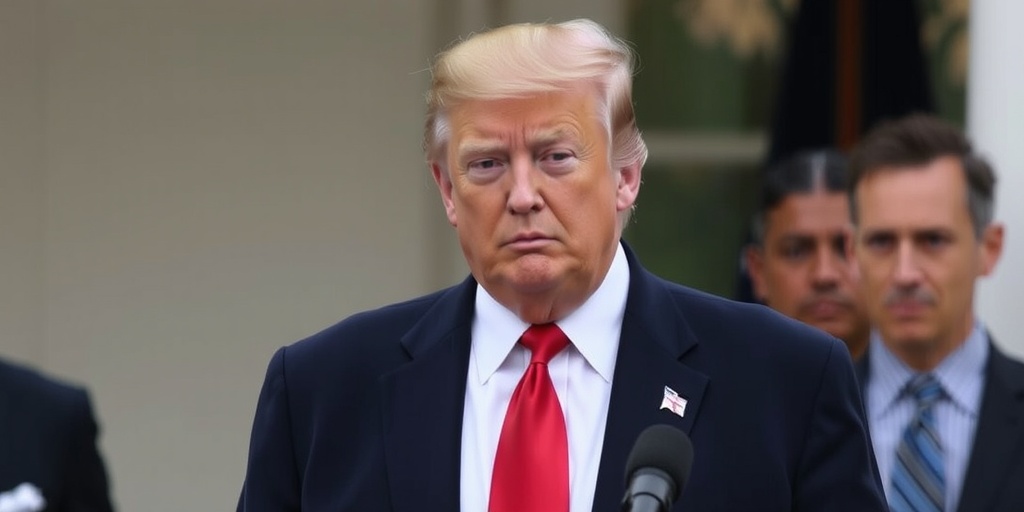
Title: Continued Legal Proceedings for January 6 Capitol Rioters Ahead of Trump’s Return to Office
On January 6, 2021, the United States Capitol was the site of an unprecedented attack, instigated by supporters of then-President Donald J. Trump. As the criminal cases related to this event continue to unfold, they have been proceeding in a relatively normal manner as the nation prepares for Trump’s return to the White House. This critical juncture raises questions about the implications of a new administration on the ongoing investigations and prosecutions related to the Capitol riots.
Just days before Trump’s inauguration, many are watching closely to see how he might respond to the serious legal matters stemming from the January 6 attack, which has led to the largest criminal inquiry in the history of the U.S. Justice Department. Throughout his presidential campaign, Trump made numerous statements suggesting that he would grant pardons on his first day back in office to many of the individuals charged with crimes during the Capitol riots, creating a wave of uncertainty about the future of these prosecutions.
While the transition of power is imminent, there have been no indications from federal prosecutors that they are decreasing their efforts in pursuing cases related to January 6. This steadfast approach could signal that despite the changing political climate, the Justice Department remains committed to holding accountable those who participated in the violent insurrection.
One significant case that continues to capture attention is that of Kellye SoRelle, the former attorney for the Oath Keepers, a far-right militia group. Last Friday, SoRelle was sentenced to one year in prison for advising members of the Oath Keepers to delete evidence, specifically text messages, after they took part in the Capitol riot. Her involvement illustrates the complexities surrounding the legal repercussions many individuals face in connection with their actions during the violent events of that day.
SoRelle had previously pleaded guilty to charges which included evidence tampering and illegally entering restricted areas of the Capitol grounds. This case is emblematic of a larger pattern of legal accountability for those associated with the Capitol riots. In a separate courtroom, the trial of Jared L. Wise, a former F.B.I. agent accused of felony civil disorder and assault, is ongoing. Prosecutors allege that Wise confronted Capitol officers, hurling insults and urging a mob of rioters to harm them—a serious charge against an individual who once served as an enforcer of the law.
In addition to SoRelle and Wise, two more defendants were sentenced on similar charges last week. One received a 10-day prison sentence for disorderly conduct, while another was handed down a more severe term of 37 months for assault-related charges. These sentences are part of an overwhelming number of cases that have emerged in the wake of the January 6 incident, with nearly 1,600 individuals having been charged so far.
Federal officials have also indicated that they are still considering bringing charges against an additional 200 individuals, including approximately 60 suspects who are said to have assaulted or impeded law enforcement during the event. The persistence of these legal actions underscores the determination of U.S. authorities to address the riot’s consequences, regardless of the change in administration.
On January 4, charges were unsealed against James Edward Porter of Hot Springs, Arkansas, who allegedly assaulted officers outside the Capitol by unceremoniously seizing a baton and pushing another officer. The F.B.I.’s records indicate that the investigation into Porter’s actions began shortly after the riot, reflecting the ongoing scrutiny faced by those involved in the violence that overtook the Capitol.
As the nation transitions into a new chapter with Trump’s return to the presidency, citizens and officials alike are left concerned and curious about the direction these investigations will take. Advocates for justice insist that the accountability for the January 6 insurrection must remain steadfast, and it is up to the legal system to ensure that those responsible for breaching the Capitol face the consequences of their actions. The commitment of federal prosecutors to continue pursuing these cases demonstrates a resolute stance on upholding the rule of law, even amidst political changes at the highest levels.
As the unfolding drama around the Capitol attack continues, the coming weeks will be pivotal in shaping the narrative and consequences of January 6—a day that will long resonate in the annals of U.S. history.
Stay Informed With the Latest & Most Important News
Previous Post
Next Post
-
 01New technology breakthrough has everyone talking right now
01New technology breakthrough has everyone talking right now -
 02Unbelievable life hack everyone needs to try today
02Unbelievable life hack everyone needs to try today -
 03Fascinating discovery found buried deep beneath the ocean
03Fascinating discovery found buried deep beneath the ocean -
 04Man invents genius device that solves everyday problems
04Man invents genius device that solves everyday problems -
 05Shocking discovery that changes what we know forever
05Shocking discovery that changes what we know forever -
 06Internet goes wild over celebrity’s unexpected fashion choice
06Internet goes wild over celebrity’s unexpected fashion choice -
 07Rare animal sighting stuns scientists and wildlife lovers
07Rare animal sighting stuns scientists and wildlife lovers













